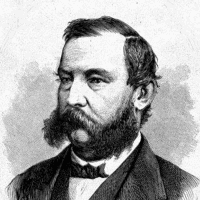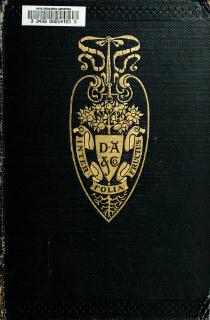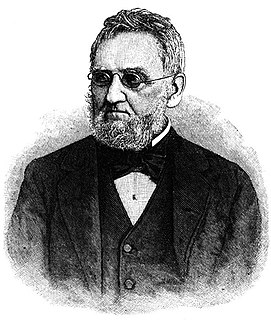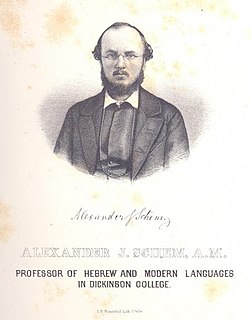| Edward L. Burlingame | |
|---|---|
 | |
| Born | 30 May 1848 |
| Died | 15 November 1922 |
| Alma mater | |
Edward Livermore Burlingame (born in Boston on 30 May 1848; died in New York City on 15 November 1922) was an American writer and editor.
| Edward L. Burlingame | |
|---|---|
 | |
| Born | 30 May 1848 |
| Died | 15 November 1922 |
| Alma mater | |
Edward Livermore Burlingame (born in Boston on 30 May 1848; died in New York City on 15 November 1922) was an American writer and editor.
He entered Harvard, but left before graduation to accompany his father, Anson Burlingame, to China as his private secretary. He studied at the University of Heidelberg, Germany, in 1867-1869, taking the degree of Ph.D., and afterward studied at Berlin. He traveled extensively in Japan and China in 1866, and afterward in Europe. [1]
He was on the editorial staff of the New York Tribune in 1871, and on that for the revision of the American Cyclopaedia in 1872-1876. He was a contributor to periodical literature, and associated in the preparation of several histories and other works. In 1879, he became connected editorially with the publishing house of Charles Scribner's Sons, New York. [1] In 1886, he was appointed founding editor-in-chief of Scribner's Magazine , where he served until his resignation in 1914. After 1914, he was a general editorial adviser to Scribner's.
| Wikisource has original works written by or about: Edward L. Burlingame |
He translated and edited Art, Life and Theories of Richard Wagner (New York, 1875).

Anson Burlingame was an American lawyer, Republican/American Party legislator, diplomat, and abolitionist. As diplomat, he served as the U.S. minister to China (1862–1867) and then as China's envoy to the U.S., which resulted in the 1868 landmark Burlingame Treaty.

Charles John Biddle was an American soldier, lawyer, congressman, and newspaper editor.

Appletons' Cyclopædia of American Biography is a six-volume collection of biographies of notable people involved in the history of the New World. Published between 1887 and 1889, its unsigned articles were widely accepted as authoritative for several decades. Later the encyclopedia became notorious for including dozens of biographies of people who had never existed. In nearly all articles about the Cyclopædia various authors have erroneously spelled the title as 'Appleton's Cyclopædia of American Biography', placing the apostrophe in the wrong place.

Henry Theophilus Finck was an American music critic, a leading promoter in the United States of Richard Wagner and his musical theories.

Gustav Kobbé was an American music critic and author, best known for his guide to the operas, The Complete Opera Book, first published (posthumously) in the United States in 1919 and the United Kingdom in 1922.

George Long Duyckinck was a New York City writer.

Edward Deering Mansfield, was an American author.
Frederick William Thomas was an American writer.

William Jewett Tenney was an American author, editor and encyclopedist.

Alexander Jacob Schem was a German-American writer, editor and educator.

Franz Xavier Dengler was an American sculptor.

William Jay Youmans was a United States scientist. He edited Popular Science Monthly for a time.
Berthold Fernow was a German-born American historian, author and librarian.

Charles Alexander Nelson was a United States librarian and bibliographer.
Frederic Gregory Mather was a United States journalist.

John Denison Champlin Jr. was a nonfiction writer and editor from the United States. As an editor, he worked in journalism and graphic arts.
Francis Augustus Teall was a United States editor.

Frederic Beecher Perkins was an American editor, writer, and librarian. He was a member of the Beecher family, a prominent 19th-century American religious family.

William Stevens Robinson was a United States journalist.
William Roger Burlingame (1889–1967) was a prolific author, writer, and biographer. Burlingame served as the book editor at Scribner's Magazine (1914–1926). After leaving his job at Scribner's, Burlingame authored 25 books, including biographies and works of historical non-fiction. He also wrote for The New York Times Magazine and The New York Times Book Review.